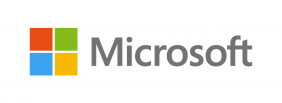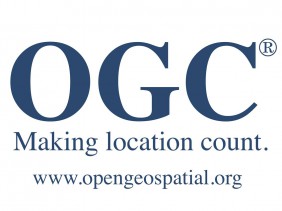– – by Bart M. De Lathouwer – Director, Interoperability Program – Open Geospatial Consortium (OGC)
– – Microsoft CityNext Initiative – David Burrows, EMEA Government Director Microsoft
Growing urban areas are a challenge for societal, environmental and economic aspects of our society. Improving the lives of residents, promoting business development and improving the efficiency of energy consumption are parts of these challenges. Spatial information is one of the most effective ingredients to address these challenges.
The Open Geospatial Consortium is working with it’s members on addressing the resulting interoperability issues and the development of open standards to build an open, spatial information infrastructure.
In our Domain and Standards Working Groups (DWG, SWG) experts from our international membership working together to provide open standards to the broader community that allows easy access to, sharing and re-use of data across different players in these scenarios.
The Urban Planning DWG focuses on system interoperability standards for data and related processing services for urban design, implementation, and maintenance. The 3D Information Management (3DIM) DWG is facilitating the definition and development of interface and encoding standards. These standards enable software to develop solutions that allows infrastructure owners, builders, emergency responders, community planners and the traveling public to better manage and navigate complex built environments.
Focussing on determining how best to integrate and support the LandXML schema within the OGC framework, Land & Infra DWG and SWG addresses how to better manage and integrate CAD-based land information with other OGC standards. For testing of real-world scenarios, the OGC proposes an Urban IoT Testbed to catalyse the marketplace through better location information sharing.
Join us for the workshop to help us better understand and address your requirements and contribute with your expertise to leverage the uptake of open standards in both, the planning as well as the geospatial community.
The OGC is an international consortium of more than 470 companies, government agencies, research organizations, and universities participating in a consensus process to develop publicly available geospatial standards. OGC standards support interoperable solutions that “geo-enable” the Web, wireless and location-based services, and mainstream IT. OGC standards empower technology developers to make geospatial information and services accessible and useful with any application that needs to be geospatially enabled. Visit the OGC website at http://www.opengeospatial.org/contact.

